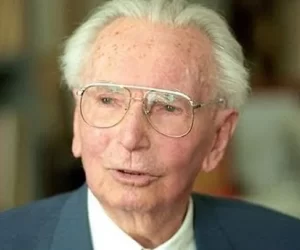Many of us have faced challenging situations and been told (or told ourselves) that fear was simply False Evidence Appearing Real. This platitude is a favorite saying of feel-good gurus, prosperity proselytizers, and those who are more comfortable with platitudes than solutions. It is the verbal equivalent of a pat on the head and a ‘there, there’.
It does nothing to ease the concerns that individuals wrestle with when facing the unknown or known, but seemingly insurmountable. They have good reason to fear, even knowing the need to move ahead.
Fear can not only be real but justified.
False Evidence Appearing Real denies the reality. Often the person saying this has never experienced the situation and has no idea how real it is and how it impacts the individual’s life. Hence, they come from a place of privilege.
Long ago, as a single parent living below the poverty line, I had more than my share of scary circumstances. After hearing this bromide one too many times, I decided to craft my own.
Face the Evidence and Respond
By reinterpreting the acronym to Face the Evidence and Respond, I felt I was acknowledging the reality and giving myself the courage to respond by making it a directive. “Do this. Look at what is really in front of you. What is in your power to do? Then take action. Do you need to make a phone call? Set up a payment plan? Make alternate arrangements? Make a list and then take action. Communicate.”
Reframing takes shame to action
Re-stating the acronym from the old version to Face the Evidence and Respond gives the recipient courage to move forward and encourages action v. shaming them for perceiving an obstacle. It moves one from victim to survivor. Face Evidence and Respond.

